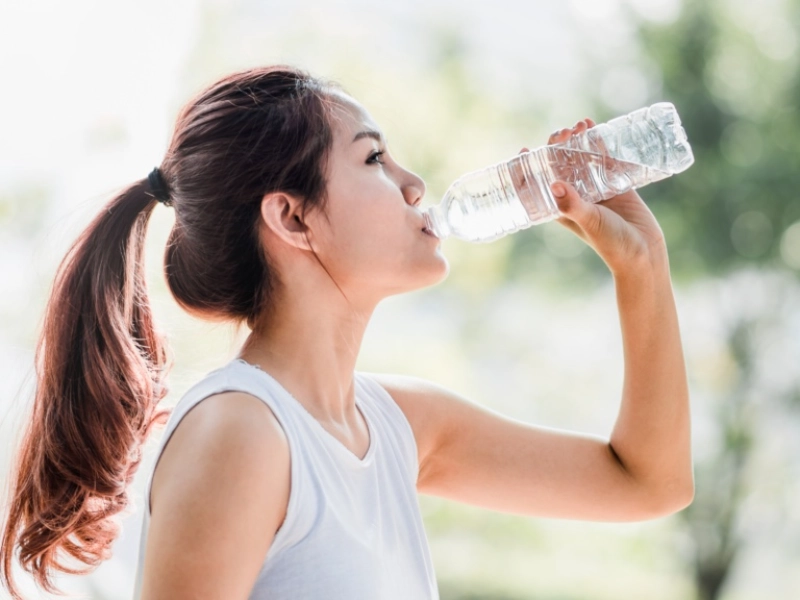Advertisement
4. Hydration Heroes: The Truth About Different Beverages

Regarding hydration, water is sometimes heralded as the gold standard. Although water is a great way to keep hydrated, there are other choices besides it. Though to different degrees, practically all beverages add to our daily fluid consumption. Knowing the hydration potential of various beverages will enable you to choose wisely what to drink.
Contrary to common opinion, drinks including caffeine—like coffee and tea—do help to hydrate one. Although coffee has a little diuretic effect—that is, it can raise urine output—the fluid in these drinks more than offsets any extra loss. Consumed in moderation, caffeinated beverages do not cause dehydration or notable electrolyte imbalances, according a study written up in the journal PLOS ONE.
Likewise, the idea that drinking alcohol always makes one dehydrated is oversimplified. Although alcohol can have a diuretic impact, particularly in high quantities, modest use of low-alcohol beverages like beer can help with fluid intake. Nonetheless, alcohol can interfere with the body's capacity to control fluid balance, hence these drinks should not be relied upon for hydration, particularly in cases when ideal hydration is very vital.
Though most individuals in daily life do not need sports drinks—often promoted as better sources of hydration—they do have some use. These beverages are meant to replace electrolytes lost during prolonged, more than an hour physical activity. Water is plenty for most people doing modest activity or daily chores. Furthermore, a lot of sports beverages have extra sugars, which would not be good for those trying to count calories.
For hydration, milk—dairy and plant-based varieties—can be quite good. Milk offers electrolytes, in addition to liquids; in the case of dairy milk, it also includes protein. These extra nutrients can assist the stomach's fluid emptying slow down, therefore promoting improved hydration over time. In youngsters, milk was even more successful in preserving hydration than water or sports drinks according a study in the American Journal of Clinical Nutrition.
Smoothies and fruit juices add minerals and vitamins in addition to helping one consume fluids. They should, however, be eaten in moderation as part of a balanced diet since they frequently have large levels of natural sugars and calories. Reducing sugar in fruit juices by diluting them with water will help you to still appreciate their taste.
Strangely, our hydration level is much influenced by even foods. High water content abound in fruits and vegetables. By weight, watermelon, cucumbers, tomatoes, lettuce, and so on account for more than 90% water. Including these meals in your diet can help your total fluid intake be much more meaningful.
One "natural" sports drink that has become somewhat popular is coconut water. It's not always better than water for daily hydration needs even if it does have electrolytes and less sugar than many sports beverages. Its good flavour, meanwhile, may inspire some people to sip more water.
Although all these drinks help to hydrate, water is still the best choice for most circumstances. Usually the most affordable choice, it's calorie-free and easily available. The main lesson, though, is that you may get hydration from many sources and that drinking a diversity of beverages will help you satisfy your fluid requirements and also supply other nutrients.
In the following part, we will discuss how personal circumstances and activities might affect hydration demands, so enabling you to customise your fluid consumption.
